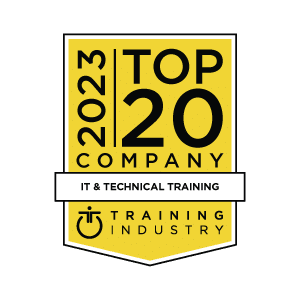Overview
This GCPBD: Google Cloud Big Data and Machine Learning Fundamentals course introduces the Google Cloud big data and machine learning products and services that support the data-to-AI lifecycle. It explores the processes, challenges, and benefits of building a big data pipeline and machine learning models with Vertex AI on Google Cloud.
Skills Covered
- Recognize the data-to-AI lifecycle on Google Cloud and the major products of big data and machine learning.
- Design streaming pipelines with Dataflow and Pub/Sub.
- Analyze big data at scale with BigQuery.
- Identify different options to build machine learning solutions on Google Cloud.
- Describe a machine learning workflow and the key steps with Vertex AI.
- Build a machine learning pipeline using AutoML.
Who Should Attend
- Data analysts, data scientists, and business analysts who are getting started with Google Cloud
- Individuals responsible for designing pipelines and architectures for data processing, creating and maintaining machine learning and statistical models, querying datasets, visualizing query results, and creating reports
- Executives and IT decision makers evaluating Google Cloud for use by data scientists
Course Curriculum
Course Modules
Exam & Certification
The Google Cloud Big Data and Machine Learning Fundamentals training is associated with 2 Google Cloud certifications and the optional exam add-on is valid for either both tracks:
Google Cloud Professional Machine Learning Engineer
A Professional Machine Learning Engineer designs, builds, and productionizes ML models to solve business challenges using Google Cloud technologies and knowledge of proven ML models and techniques. ML Engineers consider responsible AI throughout the ML development process, and collaborates closely with other job roles to ensure long-term success of models.
Google Cloud Professional Data Engineer
A Google Professional Data Engineer enables data-driven decision making by collecting, transforming, and publishing data. A data engineer should be able to design, build, operationalize, secure, and monitor data processing systems with a particular emphasis on security and compliance; scalability and efficiency; reliability and fidelity; and flexibility and portability. A data engineer should also be able to leverage, deploy, and continuously train pre-existing machine learning models.


